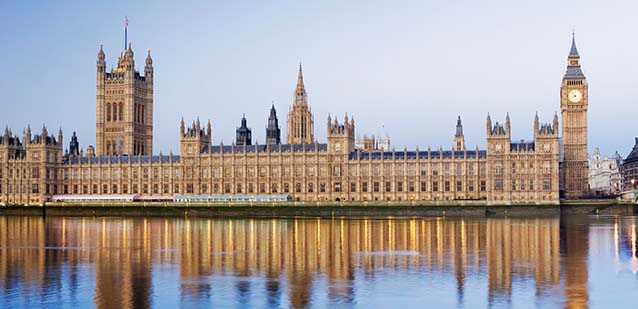On 11 September 2024, the UK government introduced the Property (Digital Assets etc) Bill to the House of Lords. It aims to establish that certain digital assets can be recognised in law as property, providing legal protection to their owners, and reflecting the practical conclusion reached in a series of cases over the past few years regarding the treatment of cryptocurrency / digital assets.
This follows a year after the government’s response to the Law Commission of England and Wales’s publication of its Final Report ‘Digital assets as personal property’, and a 2024 consultation on the proposed Bill. The Law Commission’s project on digital assets began in April 2021 and included several reports and consultations.
 Key takeaways
Key takeaways
- The Bill outlines a new third category of statutory personal property, specifically digital or electronic items that do not fall under traditional property categories (“things in possession” such as plant and machinery and “things in action” such as intellectual property rights or an insurance policy).
- The proposed new third category of property will be applicable to England and Wales and will come into effect two months after the bill is passed.
- The bill will establish a clear legal framework for the treatment of digital assets (crypto tokens in particular), acknowledging that they need to be considered differently from the historically established forms of personal property.
- It provides for the control and transfer of digital assets, allowing for the ever-changing nature of technology and digital transactions.
- The government accepted the Law Commission’s recommendation to create an expert group on digital asset control, involving the UK Jurisdiction Taskforce (UKJT).
- Some recommendations are still under review by HM Treasury. The Law Commission recommends that many legal issues related to digital assets should continue to develop through common law.
- The greater clarity as to ownership rights will not only help protect against fraud and scams (continuing the basis upon which protective remedies and injunctive relief has been provided by the English courts to date), but also aims to attract further industry investment and innovation into the crypto assets industry in this jurisdiction.
- Specialists in technology and property law will be able to better advise clients effectively on the status of their digital assets in this jurisdiction.
The Bill has completed its first reading, with the second reading yet to be scheduled.
To read more on the English court’s approach to crypto disputes, read our Insight:
Bitcoin dispute gives insight into English court | Gowling WLG
About the author(s)
Louise is a Knowledge Lawyer in the Commercial Litigation Group.
Sean Adams is a commercial disputes partner, primarily based in Birmingham. He has a broad commercial practice, with significant experience in a variety of sectors (including within the automotive, aerospace, financial services and renewable energy sectors).
Patrick Arben helps clients to investigate and resolve their disputes and manage risk quickly, commercially and cost-effectively.



